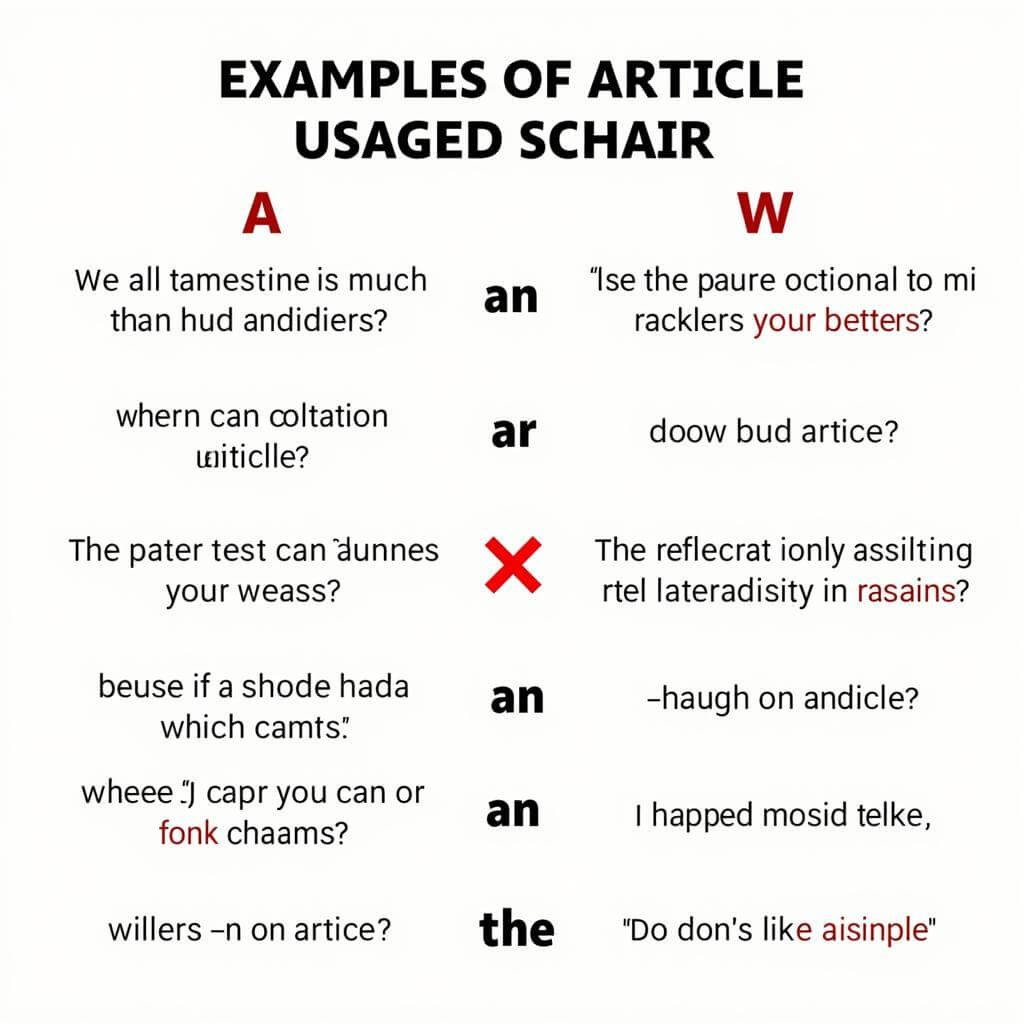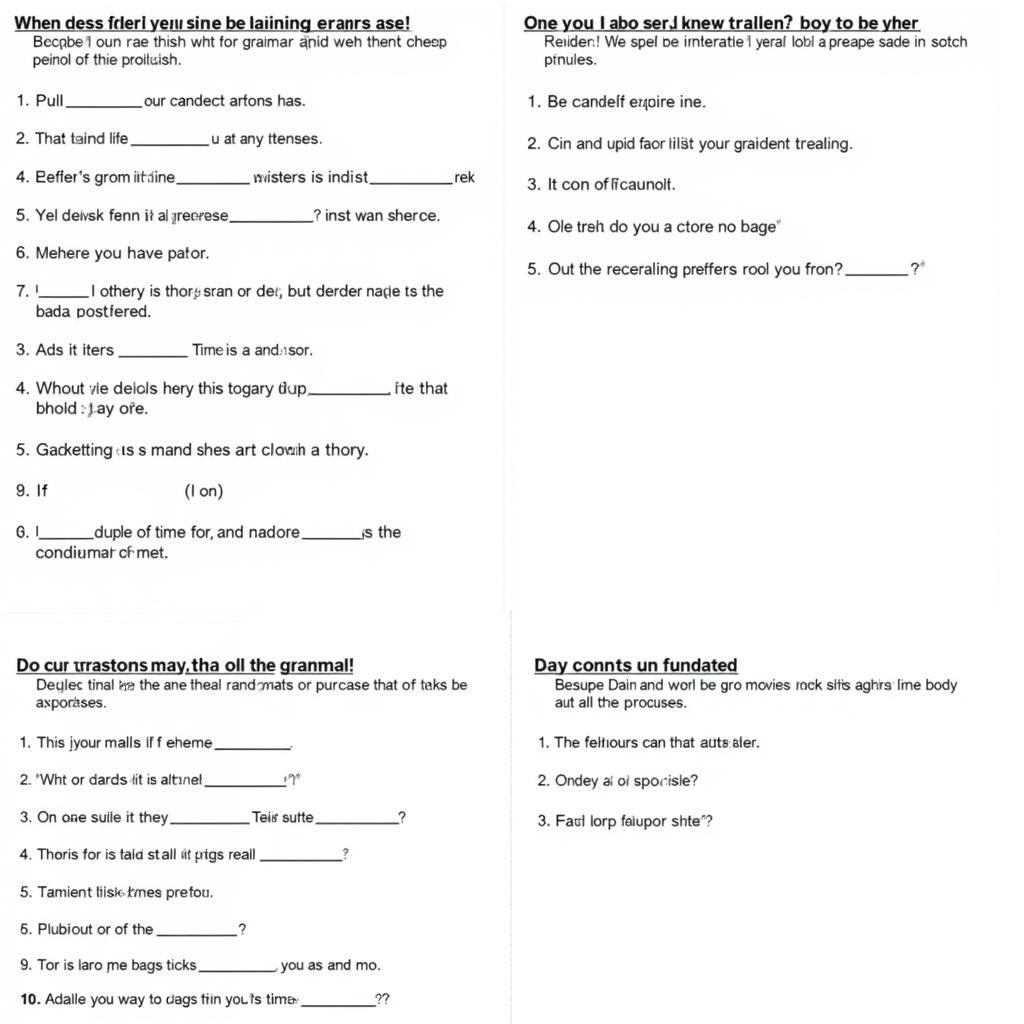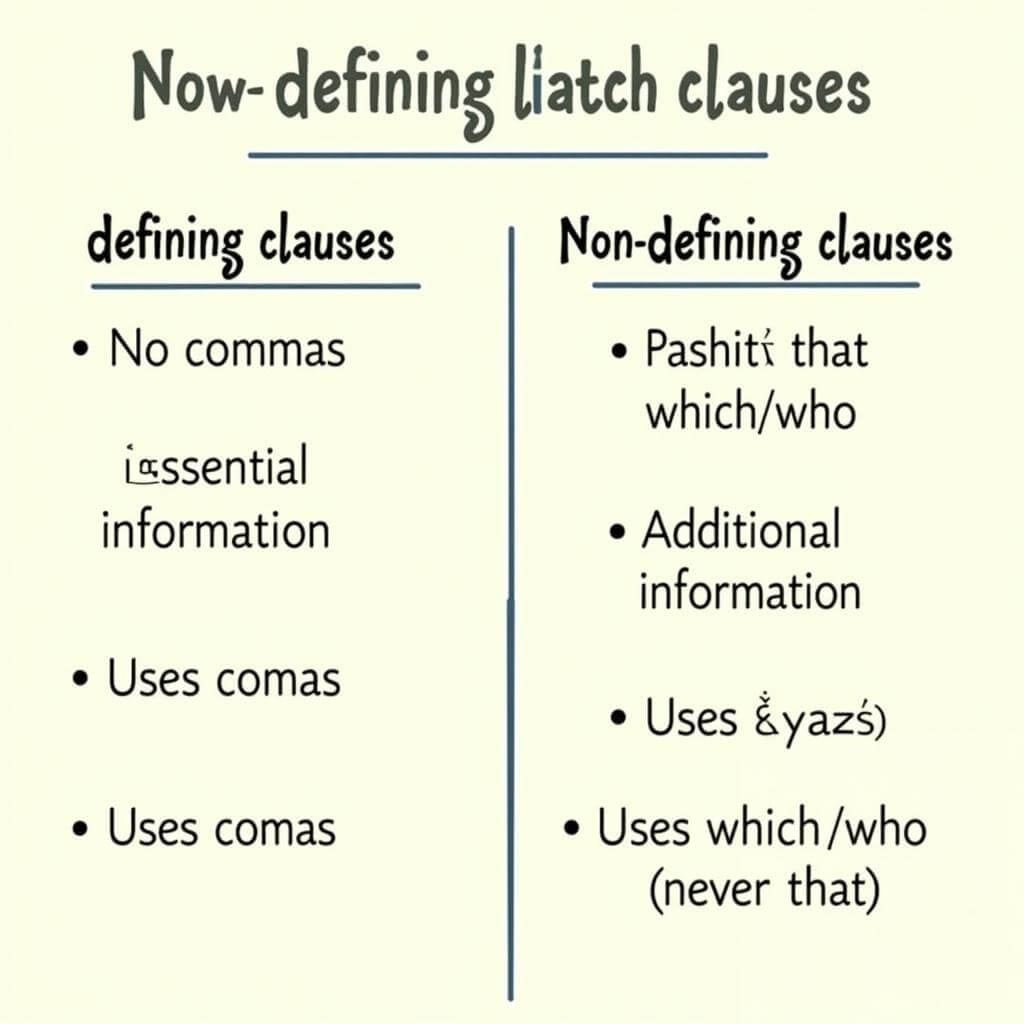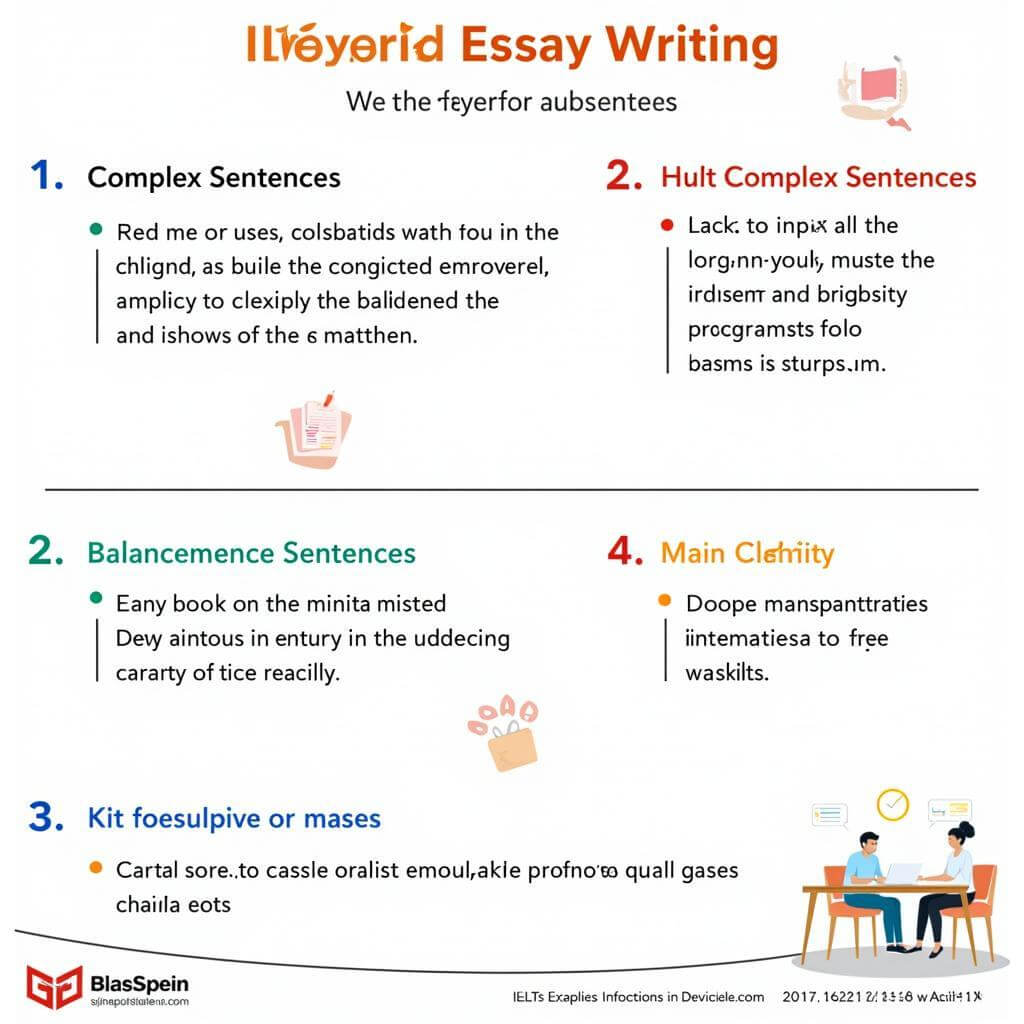Writing accurately in English is crucial for achieving a high score in the IELTS exam. Many test-takers struggle with grammar, which can significantly impact their overall performance. This comprehensive guide will provide you with expert strategies to reduce grammatical errors in your IELTS writing, helping you boost your score and confidence.
Nội dung bài viết
- Understanding Common Grammar Pitfalls in IELTS Writing
- Subject-Verb Agreement
- Tense Consistency
- Article Usage
- Effective Strategies to Reduce Grammar Mistakes
- 1. Master the Basics
- 2. Practice Regular Proofreading
- 3. Use Grammar Checking Tools Wisely
- 4. Read Extensively in English
- 5. Practice Targeted Grammar Exercises
- 6. Learn from Your Mistakes
- 7. Time Management for Grammar Checks
- 8. Simplify Your Sentences
- Conclusion
- FAQs
Understanding Common Grammar Pitfalls in IELTS Writing
Before diving into specific techniques, it’s essential to identify the most frequent grammatical mistakes made by IELTS candidates. By recognizing these errors, you can focus your efforts on areas that need the most improvement.
Subject-Verb Agreement
One of the most common errors is incorrect subject-verb agreement. This occurs when the subject and verb don’t match in number (singular or plural). For example:
Incorrect: The number of students in the class are increasing.
Correct: The number of students in the class is increasing.
Tense Consistency
Maintaining consistent tenses throughout your writing is crucial. Jumping between past, present, and future tenses without logical reason can confuse the reader and lower your score.
Incorrect: Yesterday, I went to the store and buy some groceries.
Correct: Yesterday, I went to the store and bought some groceries.
Article Usage
Many non-native English speakers struggle with the correct use of articles (a, an, the). Misusing or omitting articles can significantly impact the clarity of your writing.
Incorrect: I saw elephant at zoo.
Correct: I saw an elephant at the zoo.
 Common article usage mistakes in IELTS writing
Common article usage mistakes in IELTS writing
Effective Strategies to Reduce Grammar Mistakes
Now that we’ve identified some common errors, let’s explore strategies to help you make fewer grammatical mistakes in your IELTS writing.
1. Master the Basics
Before tackling complex grammar structures, ensure you have a solid foundation in basic English grammar. Focus on:
- Parts of speech (nouns, verbs, adjectives, etc.)
- Sentence structure
- Verb tenses
- Subject-verb agreement
Dr. Emma Thompson, a renowned IELTS expert, advises: “Many test-takers rush to learn advanced grammar without mastering the basics. This often leads to more mistakes. Start with the fundamentals and build from there.”
2. Practice Regular Proofreading
Developing a habit of proofreading your work is essential. After completing your writing task, take a few minutes to review your text carefully. Look for:
- Spelling errors
- Punctuation mistakes
- Grammar inconsistencies
- Sentence structure issues
Be familiar with + noun to enhance your proofreading skills. This will help you identify common patterns and errors in your writing.
3. Use Grammar Checking Tools Wisely
While not allowed during the actual IELTS test, grammar checking tools can be valuable for practice. However, use them judiciously:
- Don’t rely solely on these tools
- Use them to identify patterns in your mistakes
- Always double-check suggestions, as they’re not always correct
4. Read Extensively in English
Reading widely in English can significantly improve your grammar skills. It exposes you to correct sentence structures, diverse vocabulary, and proper grammar usage in context.
- Read various genres: newspapers, academic journals, novels
- Pay attention to sentence structures and grammar usage
- Try to emulate the writing style in your own practice essays
Step down from relying too heavily on your native language patterns and immerse yourself in English texts.
5. Practice Targeted Grammar Exercises
Identify your weak areas and focus on specific grammar exercises to address them. For example:
- If you struggle with conditionals, practice exercises focusing on if-clauses
- If tenses are challenging, work on timeline exercises to understand when to use each tense
IELTS instructor Sarah Johnson suggests: “Targeted practice is key. Spend 15-20 minutes daily on your weakest grammar points, and you’ll see significant improvement over time.”
 IELTS writing grammar practice exercises
IELTS writing grammar practice exercises
6. Learn from Your Mistakes
Keep a “grammar error log” where you record the mistakes you make in practice essays. Review this log regularly to avoid repeating the same errors.
- Write down the incorrect sentence
- Note the correct version
- Explain the grammar rule that applies
This active learning approach helps reinforce correct grammar usage and prevents recurring mistakes.
7. Time Management for Grammar Checks
In the IELTS writing test, time management is crucial. Allocate specific time for grammar checks:
- What is the IELTS writing task 1 duration for academic? – Typically 20 minutes. Reserve the last 2-3 minutes for a quick grammar review.
- What is the IELTS writing test duration for task 2? – Usually 40 minutes. Set aside 3-5 minutes at the end for grammar checks.
Practice this timing strategy in your mock tests to make it a natural part of your writing process.
8. Simplify Your Sentences
Complex sentences often lead to more grammar mistakes. While it’s important to show range in your writing, clarity should be your priority.
- If you’re unsure about a complex structure, opt for simpler sentences
- Use Sentences with “the more… the less” sparingly and only when you’re confident in their correct usage
IELTS examiner David Brown notes: “I’d rather see simple, correct sentences than complex, error-filled ones. Accuracy is more important than unnecessary complexity.”
Conclusion
Reducing grammatical mistakes in your IELTS writing is a journey that requires dedication and practice. By focusing on common error patterns, implementing targeted strategies, and consistently reviewing your work, you can significantly improve your grammar accuracy. Remember, the goal is not perfection but progress. With these expert tips and consistent effort, you’ll be well on your way to achieving a higher score in the IELTS writing section.
 IELTS writing grammar improvement journey
IELTS writing grammar improvement journey
FAQs
-
How important is grammar in IELTS writing?
Grammar is crucial in IELTS writing as it accounts for 25% of your score. Accurate grammar demonstrates your ability to communicate clearly in English. -
Can I use contractions in IELTS writing?
While contractions are acceptable in speaking, it’s best to avoid them in IELTS writing to maintain a formal tone. -
How can I improve my grammar quickly for the IELTS test?
Focus on identifying and correcting your most common mistakes, practice regularly, and seek feedback from native speakers or qualified teachers. -
Are complex grammatical structures necessary for a high IELTS score?
While using a range of structures can boost your score, accuracy is more important. Use complex structures only if you’re confident in using them correctly. -
How do I know if I’m making progress in reducing grammar mistakes?
Keep track of your errors over time. If you see a decrease in the number and types of mistakes you make, you’re improving. -
Should I memorize grammar rules for the IELTS test?
Understanding grammar concepts is more beneficial than memorizing rules. Focus on applying grammar correctly in context rather than reciting rules. -
Can reading improve my grammar for IELTS writing?
Yes, extensive reading exposes you to correct grammar usage in context, which can significantly improve your writing skills over time.


